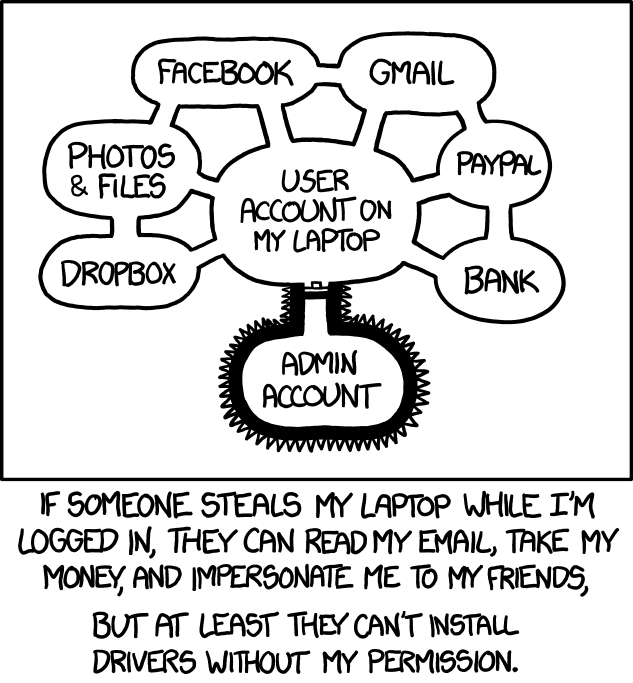Snap has always bothered me and this is another great reason why.
Technology
A nice place to discuss rumors, happenings, innovations, and challenges in the technology sphere. We also welcome discussions on the intersections of technology and society. If it’s technological news or discussion of technology, it probably belongs here.
Remember the overriding ethos on Beehaw: Be(e) Nice. Each user you encounter here is a person, and should be treated with kindness (even if they’re wrong, or use a Linux distro you don’t like). Personal attacks will not be tolerated.
Subcommunities on Beehaw:
This community's icon was made by Aaron Schneider, under the CC-BY-NC-SA 4.0 license.
For comparison, I wonder how vulnerable Flathub (flatpak's primary repo) is to these kinds of manipulations... Seems like every app manifest there is publicly available and is compiled on their servers, presumably making it easier to spot shady apps and updates, and the submission process requires manual approval.
Another thing that they do that should make the process less vulnerable is they try to get developers involved in packaging their own applications (and have a verified badge, though I'm not sure how rigorous their verification is).
Friends don't let friends to use snap.
I used to love Ubuntu. But for many reasons, snaps among them, it no longer exists to me. It's just Mint or Debian if I need something Ubuntu-like.
It’s not all bad. If the alternative is downloading binaries from a website then confined snaps are a great way to get software.
Snaps are not confined, they're root-level system add-ons.
Flatpacks are slightly confined, they still get access to user data.
Android 10+ apps are confined, they have to ask for particular directory access... and users can still mess up and give them access to all their data. 🤷
Classic snaps are not and a lot of snaps are classic. That much is true. Some snaps are indeed confined though. See https://snapcraft.io/docs/snap-confinement
Tbf it was always a nightmare to manage driver conflicts on Windows 95.
